Advertisement
Advertisement
Decoding dementia
It affects 55 million people globally - the condition that impairs memory, thinking and the ability to make decisions. The number of sufferers is growing by nearly 10 million cases a year. For the caregivers and loved ones helping them cope, life is turned upside down. In this series, SCMP contributor Anthea Rowan - whose mother has Alzheimer's disease - presents the research into dementia’s causes and treatment; advice for caregivers on helping dementia patients while protecting their own well-being - and stories of hope.
Updated: 06 Jan, 2025
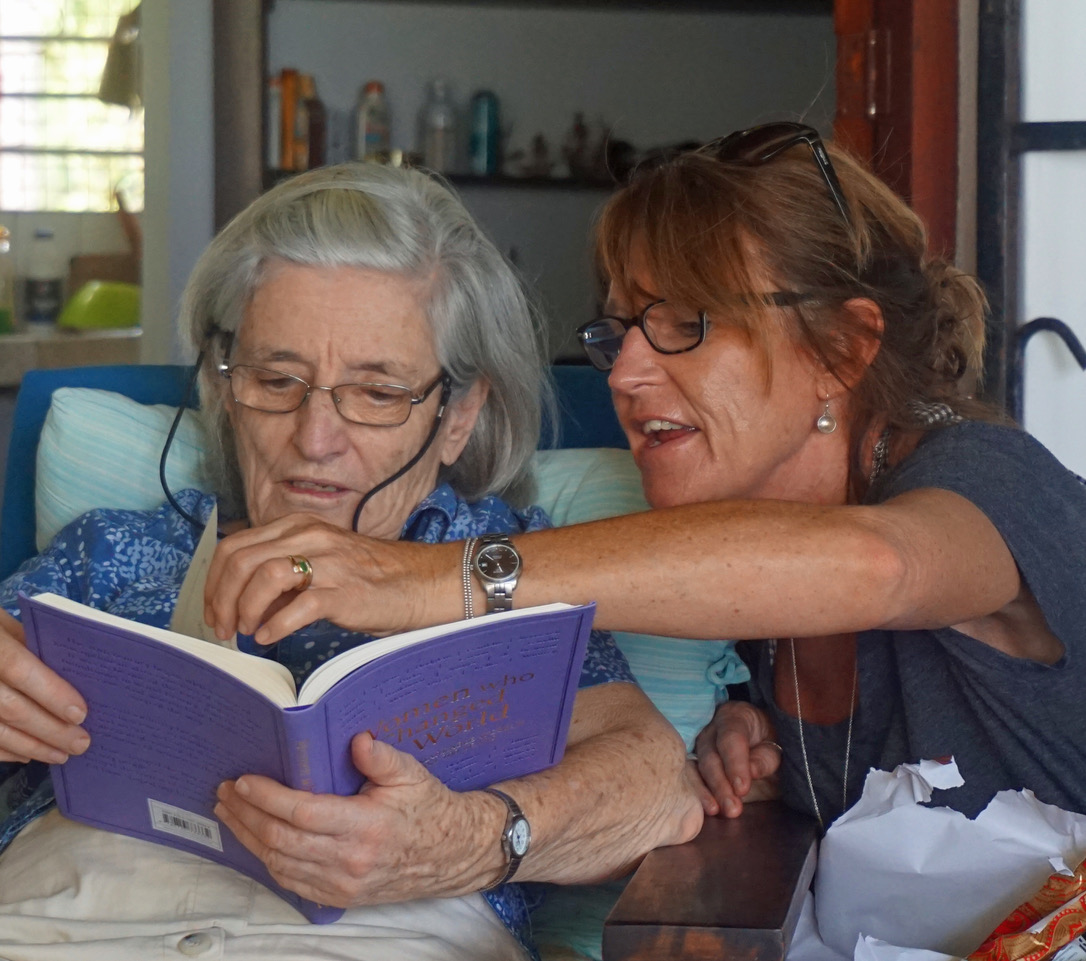
Advertisement
[1]
My mum has Alzheimer’s. What caring for her has taught me about dementia
Anthea Rowan knew little about dementia until her mother forgot who her daughter was. For her, delving into research is key to preventing or delaying the condition in herself.
14 Jan, 2023
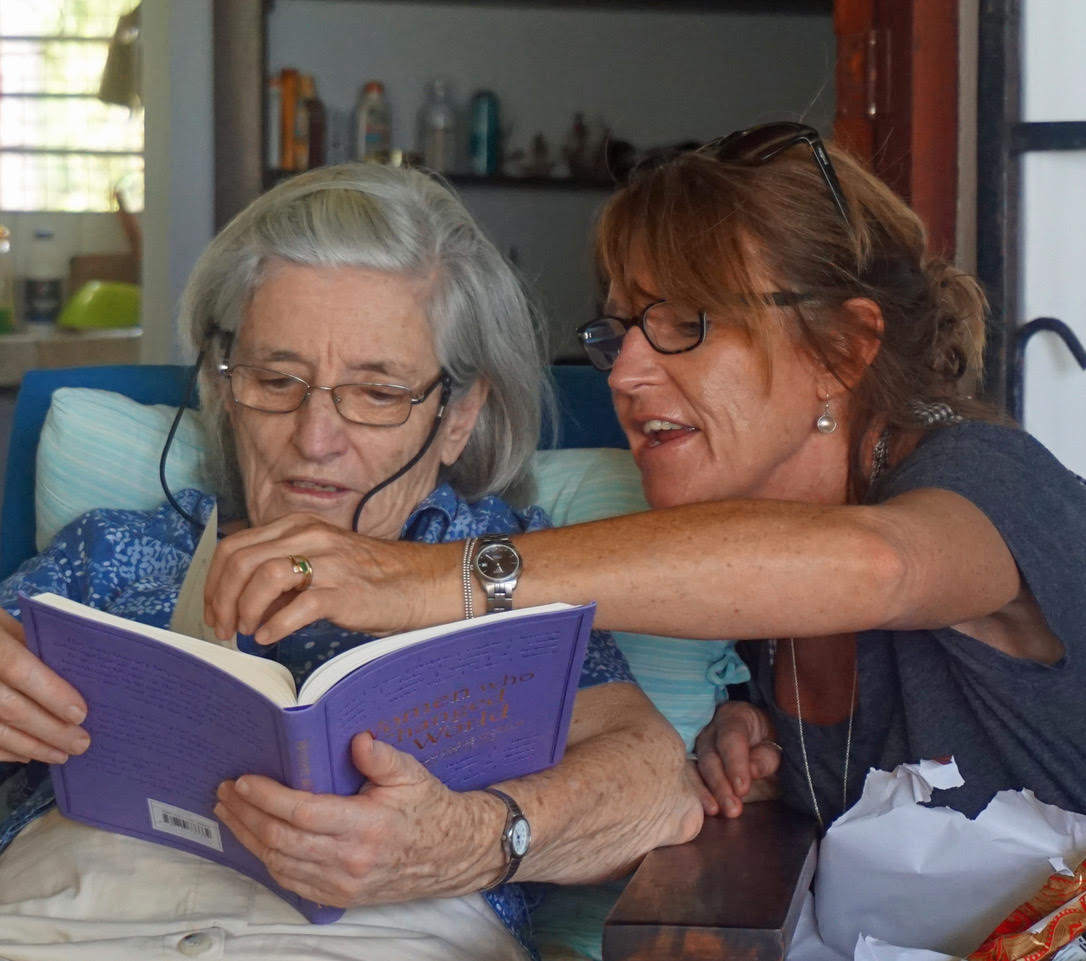
Advertisement
Advertisement
[2]
Dementia can’t be cured so why get a brain scan to check for it? Here’s why
With no dementia cure, it can be daunting to get a brain scan to test for signs. But research shows 9 years can elapse between its showing on imaging and symptoms starting – giving time to form defensive habits.
29 Jan, 2023
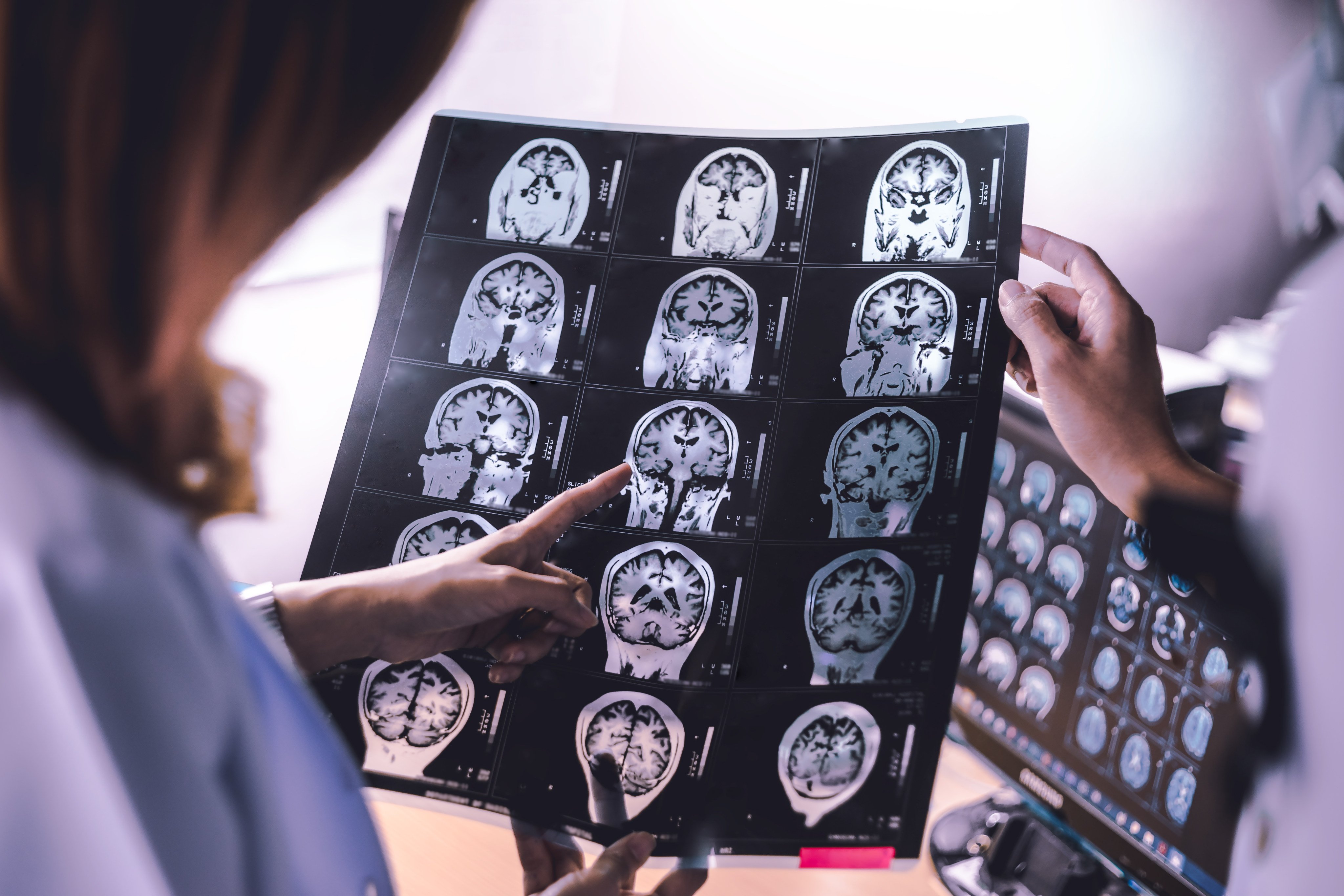
[3]
Why women are more likely to develop dementia, and how to lower your risk
Women may be at a greater risk of developing Alzheimer’s than men for a number of reasons: biological, societal or cultural. Experts suggest exercise and social engagement can help offset the risk.
13 Feb, 2023
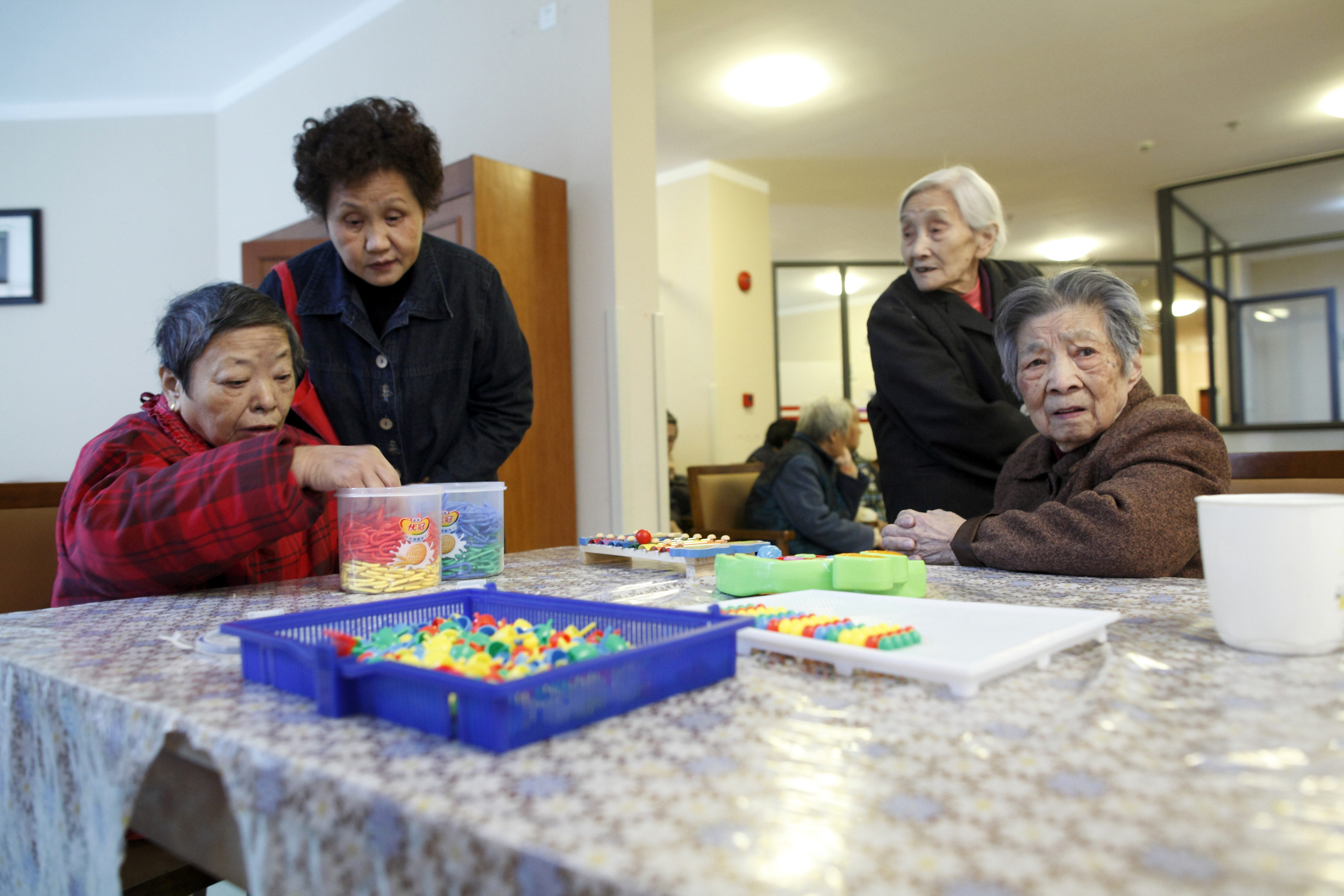
[4]
How high – or low – blood pressure increases the risk of dementia
If your blood pressure is too high or low, you have a higher risk of dementia in later life, studies show. Adopting a healthy lifestyle will help you maintain optimal blood pressure.
27 Feb, 2023

[5]
6 ways to stave off dementia: experts’ simple tips to keep your brain sharp
We can reduce our dementia risk by adopting simple lifestyle practises, say experts Sanjay Gupta and Marc Milstein. Exercise, eating well, drinking less, reading more and trying new things help keep the brain sharp.
13 Mar, 2023

[6]
What is sundowning syndrome? How it affects those with dementia and carers
What carers can do for a dementia patient or loved one with ‘sundowning’ – who does not want to settle down and sleep at night, and who may become angry, aggressive or uneasy.
25 Mar, 2023

[7]
A long marriage could lower your risk of dementia, studies show. Here’s why
Research suggests that people who have stayed married for a long time have a lower risk for dementia – they feel less lonely, are more likely to eat well and exercise more, and are more cognitively engaged.
10 Apr, 2023
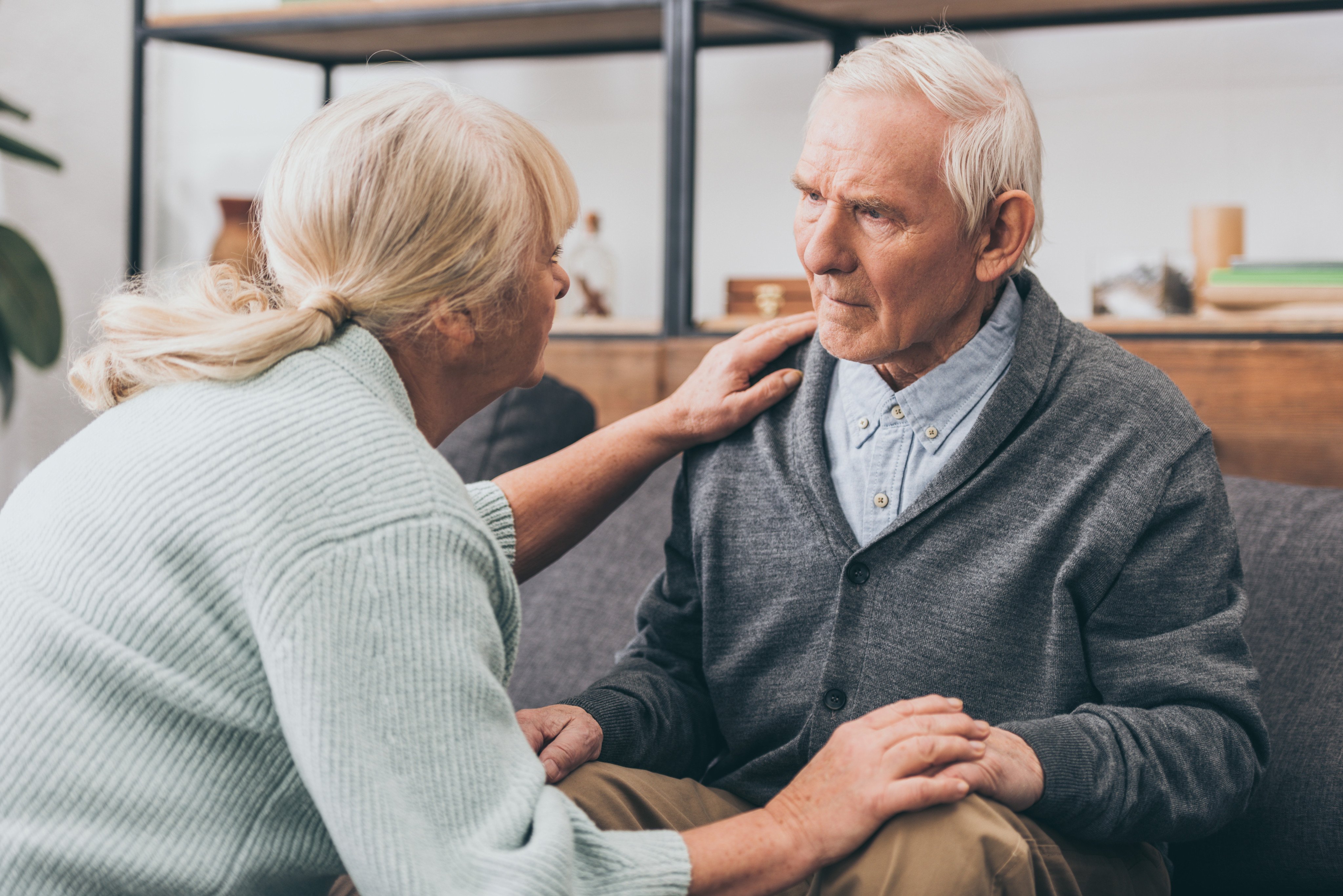
[8]
No one wears white coats at ‘dementia village’ where residents live normally
Residents of The Hogeweyk dementia care facility in the Netherlands, the first of its kind in the world, live in a neighbourhood setting totally different to a traditional care home.
24 Apr, 2023

[9]
Loss of hearing raises dementia risk, so why do so few of us get tested?
Hearing loss has been linked to a higher risk of dementia and cognitive decline, but is preventable with hearing aids, say experts, who recommend testing for a problem which may otherwise go unnoticed.
08 May, 2023
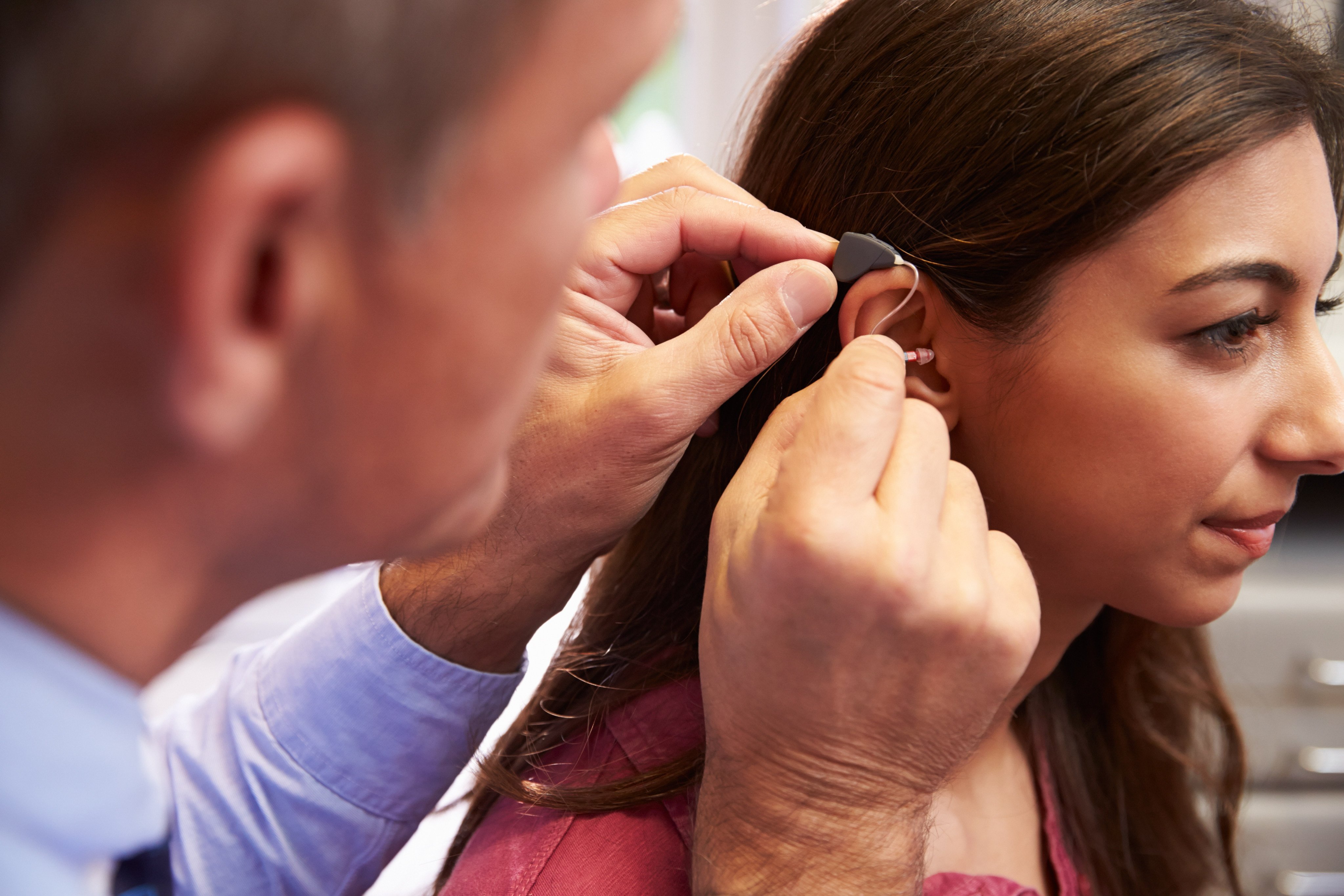
[10]
Can HRT reduce dementia risk? 3 new studies say yes, upending 2002 reports
Three new reports suggest hormone replacement therapy (HRT) can lead to improved cognition and a reduced risk of dementia and other neurodegenerative diseases, going against two 2002 studies.
22 May, 2023

[11]
How can you prevent dementia? Free brain health tool gives essential tips
The new ‘Think Brain Health Check-in’ online tool from Alzheimer’s Research UK doesn’t test your memory but checks how well you’re looking after your brain and gives tips to help prevent dementia.
06 Jun, 2023

[12]
Can lack of sleep raise dementia risk? Yes, studies say, with one exception
A lack of sleep is linked with greater dementia and Alzheimer’s risk later in life, while using sleeping tablets also increases the risk of cognitive decline. But it’s not all bad news.
19 Jun, 2023

[13]
How antidepressants, sleeping pills and other drugs raise dementia risk
Taking common drugs, including antidepressants, antihistamines and sleeping pills, for as little as 60 days can affect memory, cognitive ability and spatial awareness by disrupting the neurotransmitter acetylcholine.
03 Jul, 2023

[14]
‘Use it or lose it’: building ‘cognitive reserve’ keeps dementia at bay
‘Cognitive reserve’ refers to how many neurons our brains build and retain. This reserve – made stronger by mental stimulation derived from a variety of activities – reduces the effects of damage from dementia.
17 Jul, 2023

[15]
Why yoga is a great workout for mind as well as body, helpful for dementia
New research shows yoga’s robust health benefits for people experiencing cognitive decline or dementia, adding to previous studies on how the activity can also help in prevention.
24 Jul, 2023

[16]
5 nutrients good for brain health that can delay dementia, or prevent it
A healthy diet is good for our brains, not just our bodies, and research has found 5 nutrients that are particularly important to preventing or delaying dementia. Experts explain how they aid brain health.
31 Jul, 2023

[17]
Why you have to keep smiling at a dementia patient – they might smile back
A smile may evoke a positive response from a dementia patient, and could make them more open to complying with your requests as a carer, an expert on the disease explains.
07 Aug, 2023

[18]
How dementia causes delusions and why it’s best to play along
Experts explain the processes by which dementia triggers delusions, a lack of inhibition, and other troubling behaviour in sufferers, and how carers can best deal with it.
21 Aug, 2023

[19]
Explainer | ‘Sepia galactic storms’: Alzheimer’s amyloid plaques and tau tangles
Amyloid plaques and tau tangles are telltale signs of Alzheimer’s disease, but what are they, how do they form, and how do they affect the brain, leading to dementia?
04 Sep, 2023
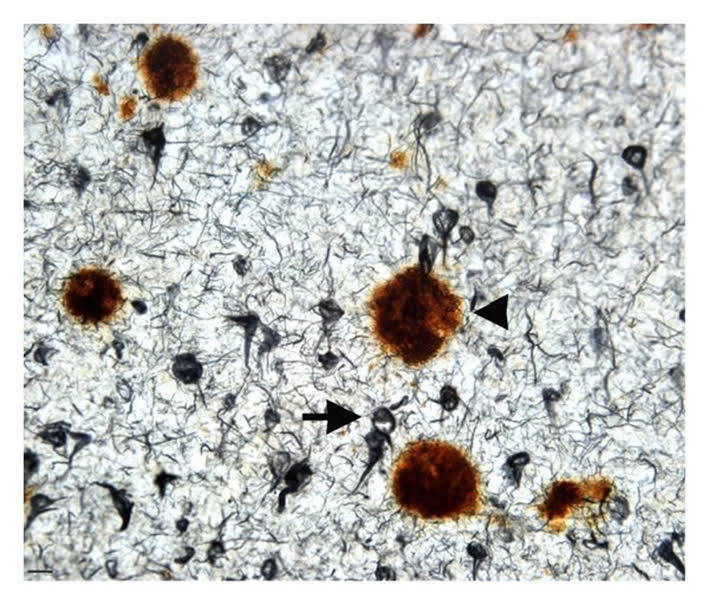
[20]
5 Alzheimer’s experts’ advice on avoiding or delaying the disease
Five experts give advice on avoiding or delaying the onset of Alzheimer’s disease, the most common form of dementia, including physical and mental exercise, socialising, and getting a hearing test.
21 Sep, 2023

[21]
Are you at risk for Alzheimer’s disease? 2 new tests could detect it early
New blood-based biomarker tests from Hong Kong-based Cognitact and US-based Quest could detect Alzheimer’s disease early, giving people a chance to work on interventions.
02 Oct, 2023

[22]
Belly fat’s link to Alzheimer’s, and how to lose it to protect your brain
Excess belly fat can put us at increased risk of dementia as we age, studies show. Experts explain the link and offer advice on how we can lose weight to avoid our brains atrophying.
16 Oct, 2023

[23]
How eye tests protect your brain: poor vision tied to higher dementia risk
Your eyesight can affect your mental health, according to a recent study, which found a link between vision problems and increased risk of dementia. Experts advise getting your eyes checked regularly.
06 Nov, 2023
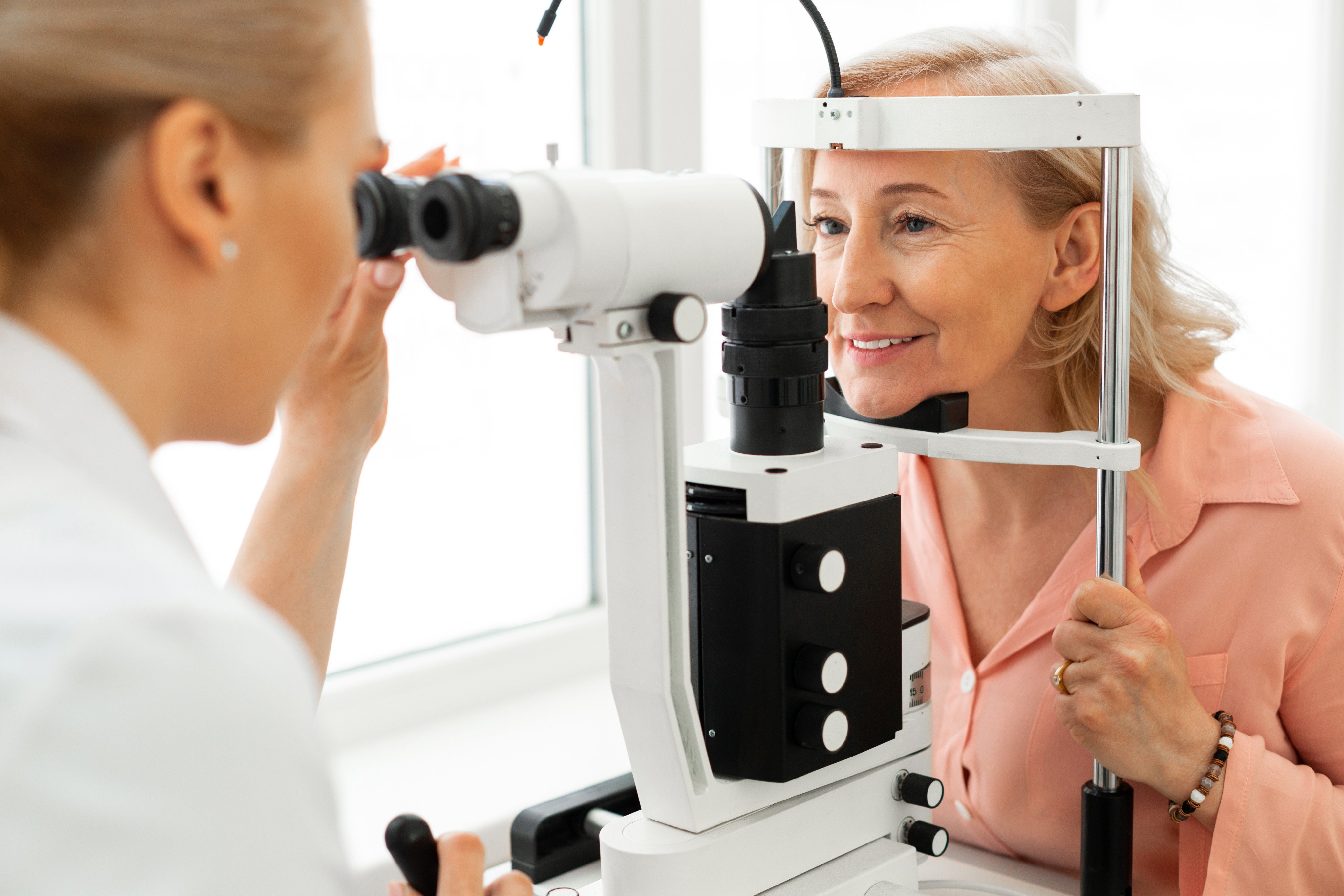
[24]
Can intermittent fasting protect your brain health? Tips from an expert
Neuroscientist Mark Mattson explains how intermittent fasting may promote brain health and protect against diseases such as Alzheimer’s, with tips on how to begin and how long to fast for.
20 Nov, 2023

[25]
Sitting more than 10 hours a day significantly raises dementia risk: study
People who sat for 10 hours a day or more greatly elevated their dementia risk, a study finds. An expert explains the dangers of a sedentary lifestyle, and how even light aerobic exercise can help.
04 Dec, 2023

[26]
Explainer | Eat strawberries! They’re a brain superfood and reduce the risk of dementia
As research finds strawberries to contain a compound that could help prevent dementia, we look at their benefits and those of other brain-boosting foods such as salmon, walnuts and wasabi.
18 Dec, 2023

[27]
To prevent dementia, look after your heart health, researchers say
Up to 40 per cent of all dementia cases are related to factors that also increase one’s chances of developing cardiovascular disease, highlighting the importance of heart health, research finds.
02 Jan, 2024
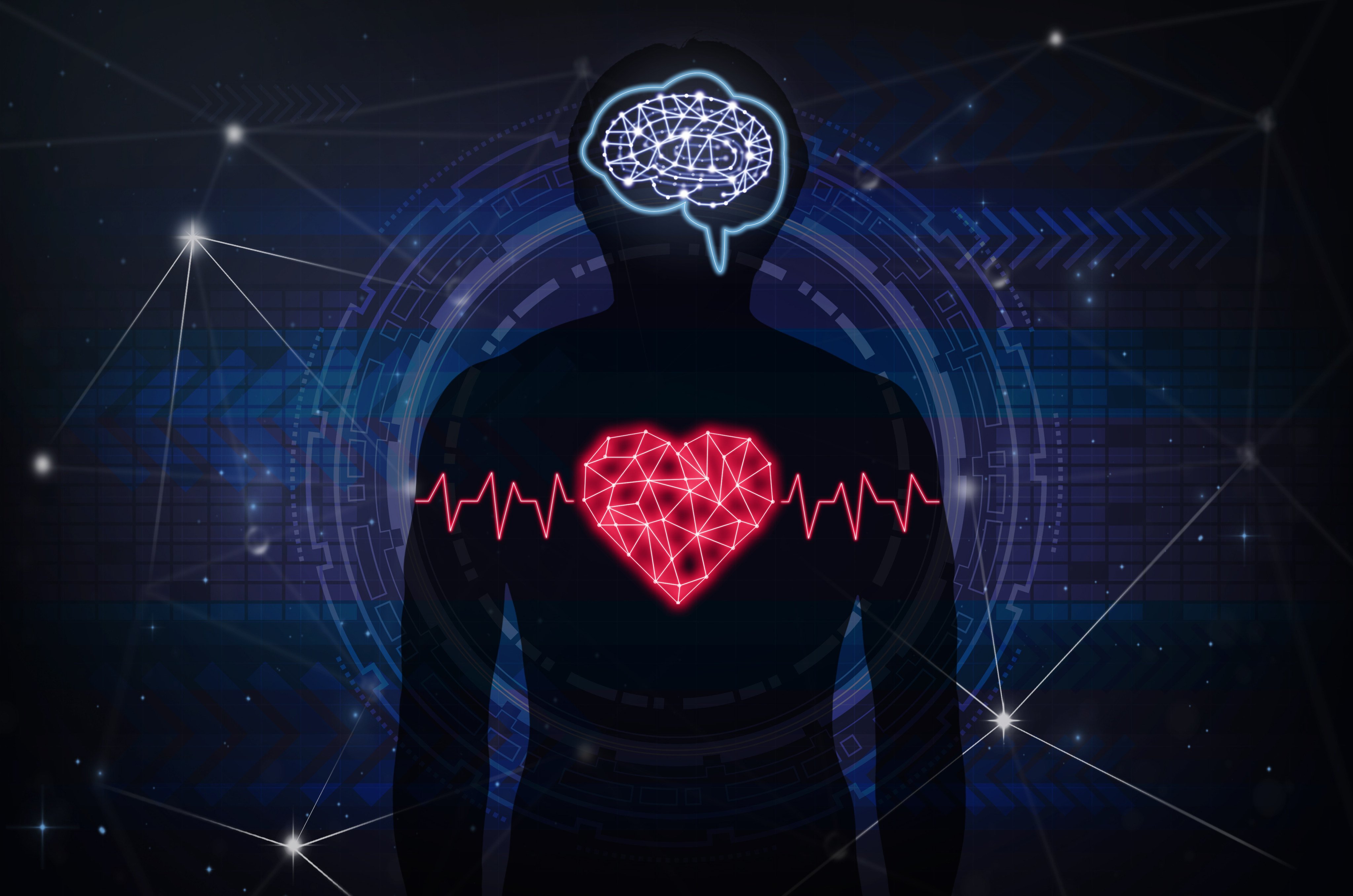
[28]
What can music do for dementia patients? A lot – experts explain
For some people with dementia, music therapy has been shown to improve their thinking, feeling, perception, mood and behaviour. It can be used as part of a care plan, say experts.
15 Jan, 2024

[29]
How speaking more than one language can delay onset of dementia symptoms
Speaking more than one language can delay dementia symptoms because it boosts what scientists call our cognitive reserve. The more you use a second or third language, the better, research shows.
05 Feb, 2024

[30]
How statins, used to lower cholesterol, could also lower risk of dementia
Recent studies indicate statins, taken by 200 million people to lower cholesterol, can help stave off dementia, and a doctor recommends boosting this with a good diet and exercise.
19 Feb, 2024

[31]
How dental health may affect brain health and increase Alzheimer’s risk
Bad dental hygiene could affect your brain health in the future, according to a study that says the risk of Alzheimer’s is 21 per cent higher in people with poor hygiene and gum disease.
04 Mar, 2024
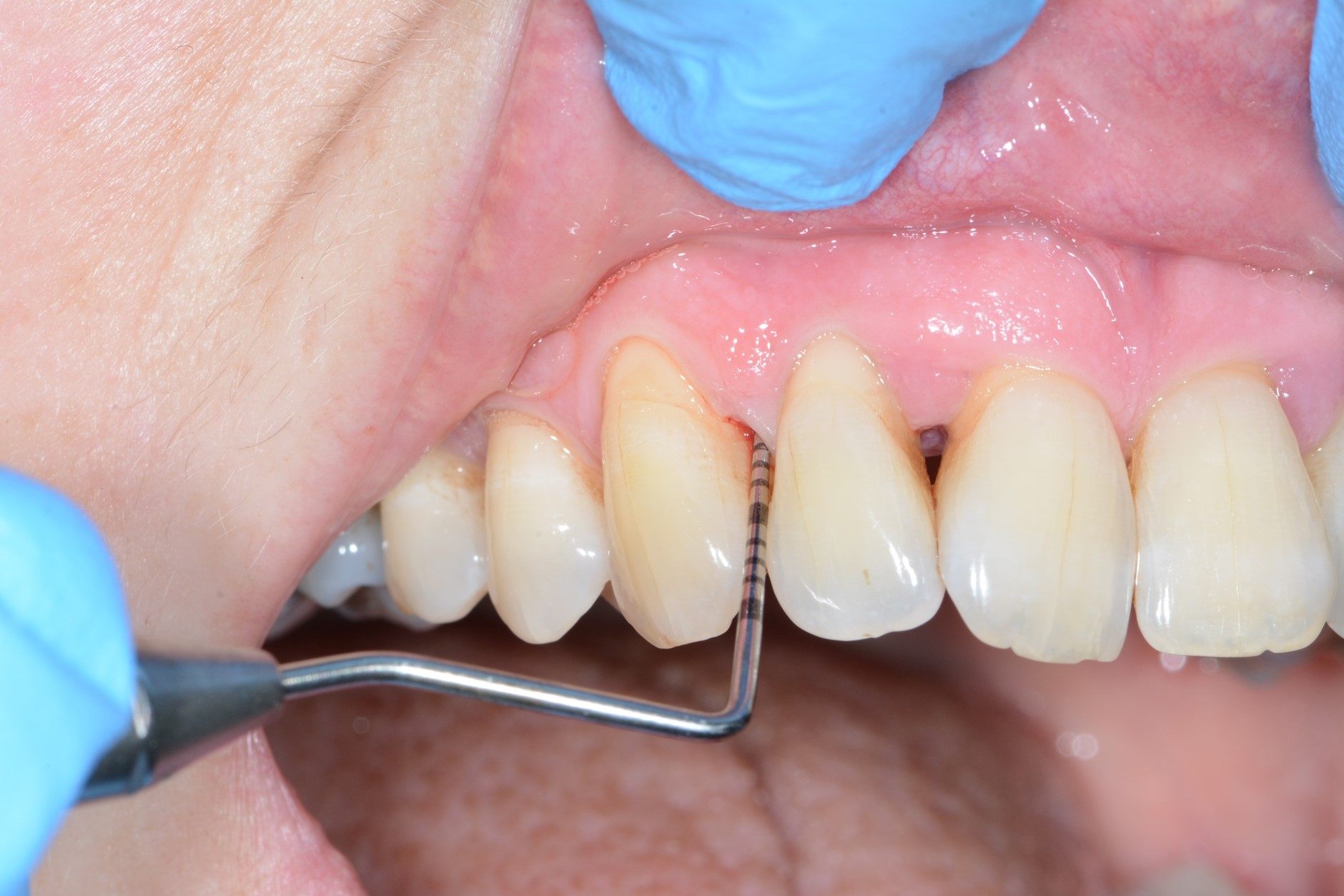
[32]
How a stroke raises the risk of having dementia months, even decades, later
A stroke increases the short-term risk of dementia, which is no surprise, but new research shows the increased risk can last for 20 years after a stroke, even after recovering some abilities post-stroke.
18 Mar, 2024

[33]
Is your elderly relative walking differently? It could be a sign of dementia
Changes in gait – particularly difficulty walking a curved path – may be an early sign of dementia, an expert says; families should be on the lookout to help protect a sufferer’s safety and quality of life.
01 Apr, 2024

[34]
How to prevent dementia: does this Amazonian tribe hold the key?
The Tsimané tribe in the Bolivian Amazon have great heart health and very little age-related brain shrinkage or dementia. Their lifestyle – exercise, fresh food and clean air – all play a part.
15 Apr, 2024

[35]
How dementia affects taste and appetite, and how to help patients
Dementia, especially Alzheimer’s disease, can affect how sufferers experience taste and reduce their appetite. A professor explains why, and offers seven tips to help ensure they eat and drink enough.
29 Apr, 2024

[36]
If we get more forgetful as we age, should we be worrying about dementia?
We all forget things at times, and as we age, our recall becomes less powerful. This is not the same thing as forgetfulness due to dementia, say experts, who offer tips to keep your memory sharper.
13 May, 2024

[37]
Smoking shrinks your brain and increases dementia risk. Quitting reduces it
Do you need another reason to quit smoking? Habitual smoking shrinks your brain, increasing the risk of dementia. The good news is that giving up smoking, even aged 60, substantially reduces the risk.
27 May, 2024

[38]
Is your job mentally stimulating? It could protect you against dementia
The most cognitively challenging jobs help to build what’s known as cognitive reserve, which scientists believe delays the onset of dementia, according to a recent Norwegian study.
10 Jun, 2024

[39]
How extra virgin olive oil in your food may help prevent dementia
A key ingredient in the Mediterranean and Mind diets, extra virgin olive oil may help prevent dementia and Alzheimer’s disease by clearing toxic proteins, as well as provide other health benefits.
24 Jun, 2024

[40]
How you can have Alzheimer’s genes without the symptoms of dementia
People with two copies of the APOE4 gene, one inherited from each parent, will very likely develop biological signs of Alzheimer’s disease, but cognitive function may not suffer, dementia study says.
08 Jul, 2024
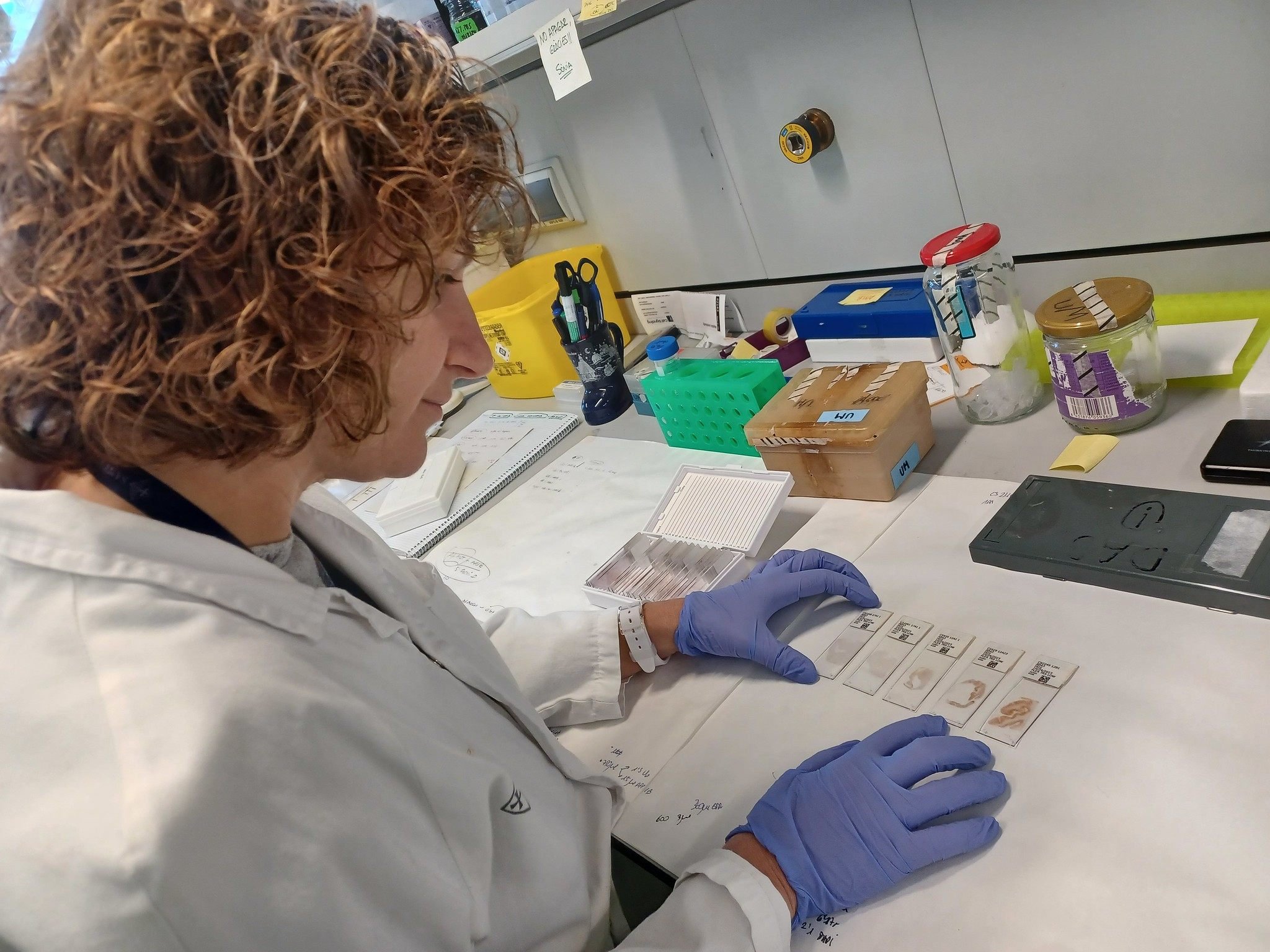
[41]
Online apps can keep your brain healthy, but there are other ways too
Playing mind game apps can help fight dementia, as long as they are challenging and preferably unfamiliar, say experts. Reading, doing jigsaw puzzles and playing chess are also beneficial.
22 Jul, 2024

[42]
Lifestyle changes can help reverse Alzheimer’s disease, study says
New Alzheimer’s disease research finds that a plant-based diet, strength training exercise and meditation can help reverse the symptoms of the most common type of dementia.
05 Aug, 2024

[43]
How to lower the risk of dementia? Reduce your ‘bad’ cholesterol
LDL cholesterol is not just bad for our hearts, but can increase our risk of dementia too, a Lancet review reveals. Changes to our diet can lower the level of ‘bad’ cholesterol in our bodies.
19 Aug, 2024
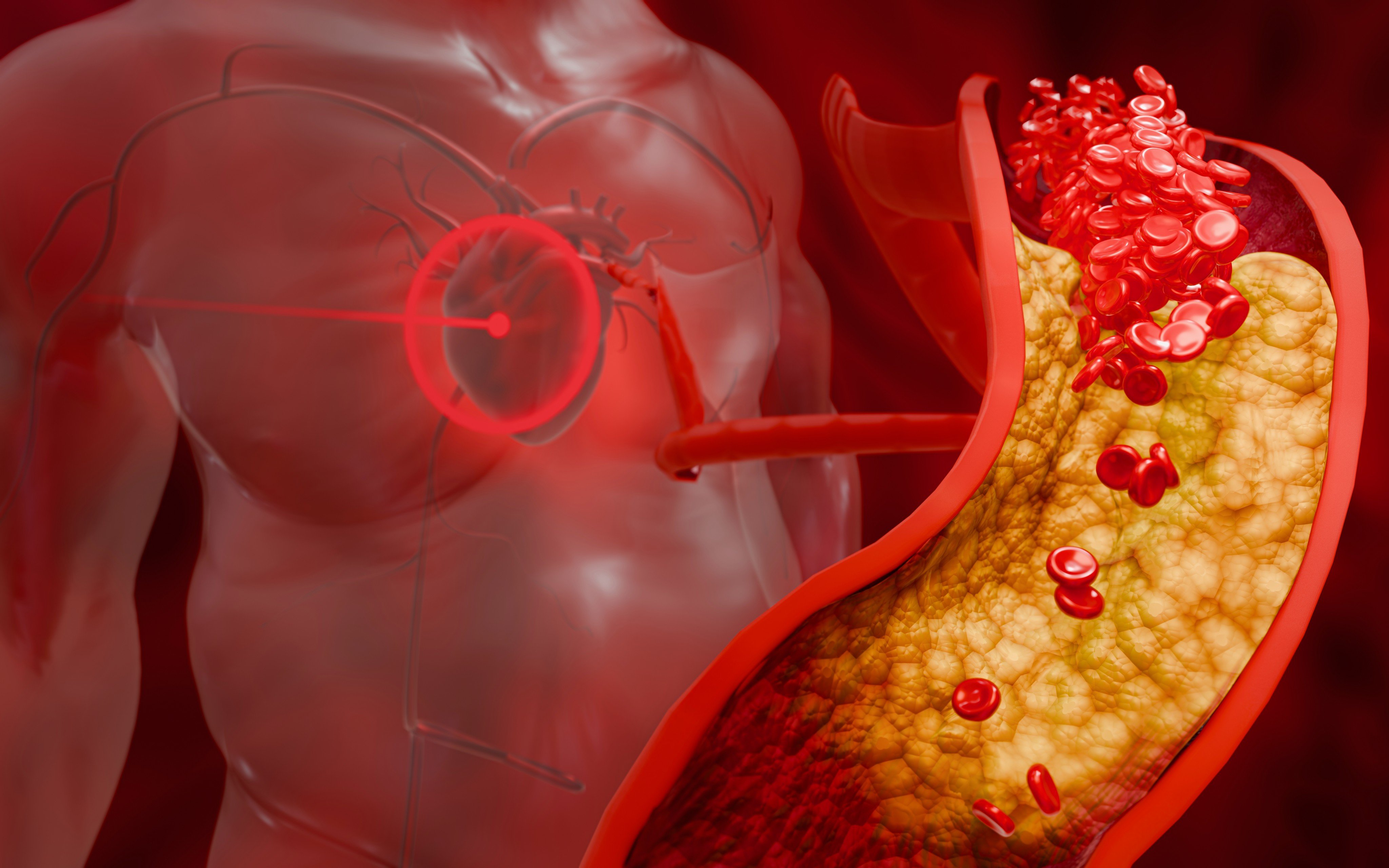
[44]
Caring for someone with dementia can be stressful. 10 tips for how to cope
To begin World Alzheimer’s Month and to mark the coming World Carers’ Day, we offer advice for carers of dementia patients, including tips from a professor of dementias.
01 Sep, 2024

[45]
How the eyes are windows into our health and why we should get them tested
An eye test can reveal many conditions, from high blood pressure to thyroid disease and diabetes, and preserving good eyesight can stave off dementia.
16 Sep, 2024
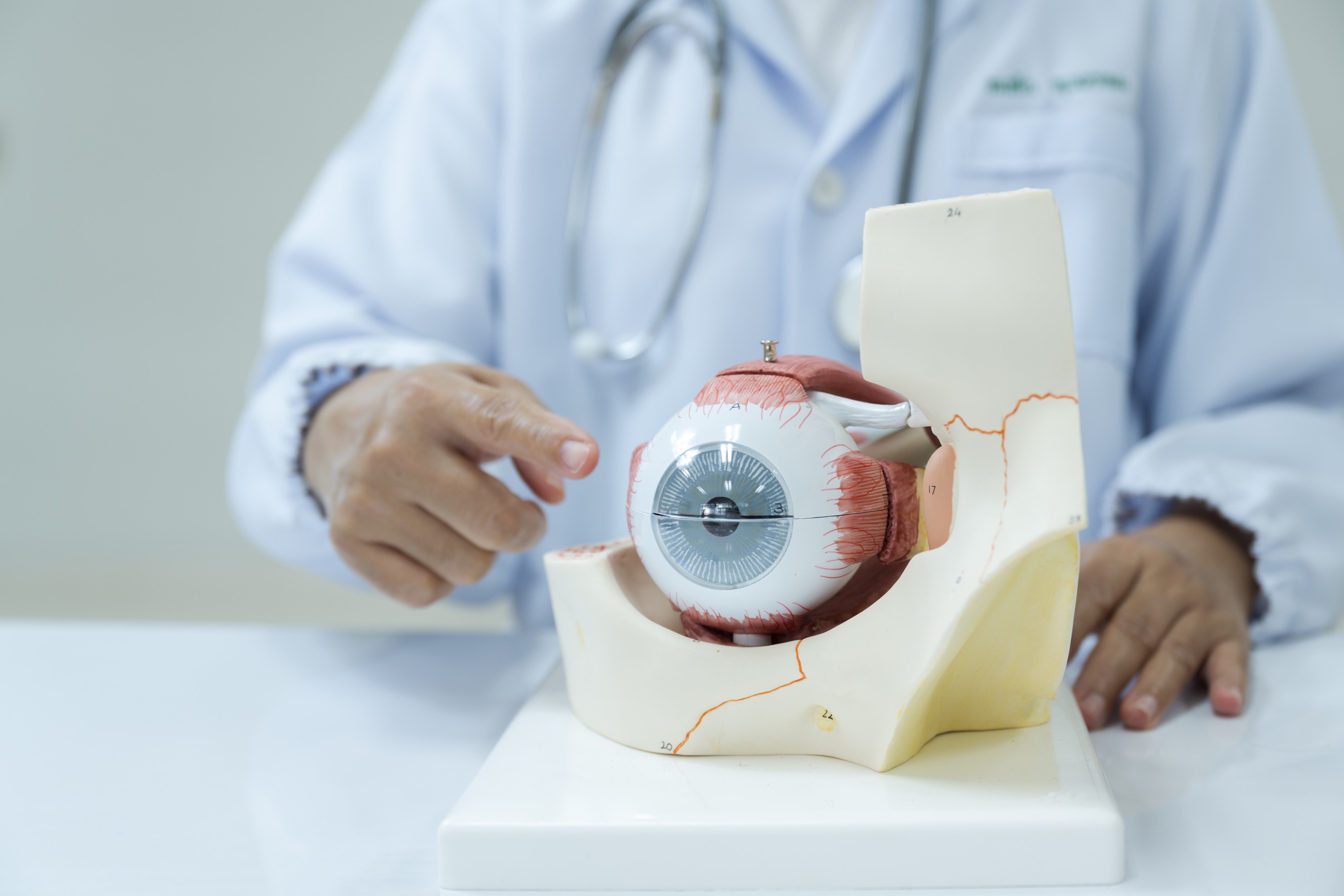
[46]
The everyday foods and drinks that could lower your dementia risk
Consuming flavonoids, pigments in foods such as berries and red onion and drinks like tea and wine, has been linked to a lower dementia risk.
30 Sep, 2024

[47]
Want to prevent dementia? Do exercise, experts say. Here’s why
Any type of exercise is good for your brain, experts say, as it reduces blood pressure and inflammation, increases good proteins, and more.
14 Oct, 2024

[48]
The early signs of dementia, from falls to rudeness to driving problems
Memory loss is not the only early warning sign of dementia conditions like Alzheimer’s disease. Experts describe other symptoms to watch for.
28 Oct, 2024

[49]
How air pollution increases dementia risk and ways to limit exposure
People living in polluted areas are more likely to develop Alzheimer’s disease and other dementia types, studies show.
11 Nov, 2024

[50]
How frailty and dementia are linked, and how to stave off both
Being frail raises the risk of cognitive decline as we age, studies show. Exercise and a healthy diet can help avoid it, researcher says.
25 Nov, 2024

[51]
More muscles, bigger brain. How weight training can help the mind as we age
Studies show that retaining muscle mass as you age, especially through resistance training, may help safeguard your cognitive health.
09 Dec, 2024

[52]
How to ensure a happy Christmas for a loved one with dementia
The festive season can be confusing and noisy for those with dementia, but these expert tips will help everyone enjoy the occasion.
22 Dec, 2024

[53]
5 simple checks for dementia, starting with a clock drawing test
Is it dementia? A popular neurologist uses five simple tests of cognitive function to help gauge the health of a patient’s brain.
06 Jan, 2025
